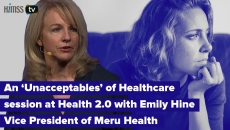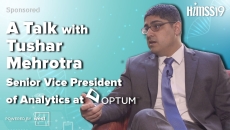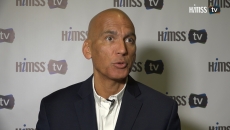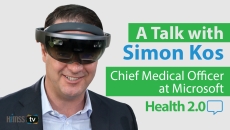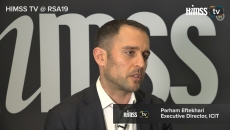Provider
Although still far from being tested in humans, the technology could serve as a replacement to blood draws.
Meru Health’s behavioral health app can interrupt the downward spiral that leads 400 physicians each year to take their own lives, claims Vice President Emily Hines.
Jay Spence, vice president of healthcare solutions at Kaufman Hall's software division, explains why providers need a now, near and far paradigm to link strategy to a financial plan.
Healthcare is at a turning point when it comes to using data analytics; AI is no longer just a "nice to have" competency, says Tushar Mehrotra, senior vice president of analytics at Optum.
The new platform gives patients tokens for showing up to appointments, answering surveys and completing other health-related activities.
Brian de Francesca, CEO of Ver2 Digital Medicine, discusses efforts to provide medical care to refugees in camps using a cloud-based electronic health record built on blockchain.
Rohit Ghosh, an AI scientist and founding member of Qure.ai, discusses how AI and deep learning are improving healthcare, giving an example of how they are advancing radiology.
Microsoft Chief Medical Officer Simon Kos says health systems are still stuck in the 20th century so the software giant is focusing its efforts on AI, population health, public cloud, precision medicine, virtual services and more.
Parham Eftekhari, executive director of the Institute for Critical Infrastructure Technology, says hospitals have to demand more secure products so manufacturers wake up to realize prospective clients are buying based on security.
While Scanwell is still expanding its consumer telehealth offering, it's also working to position itself as a broader "diagnostics as a service" partner to the healthcare industry.
